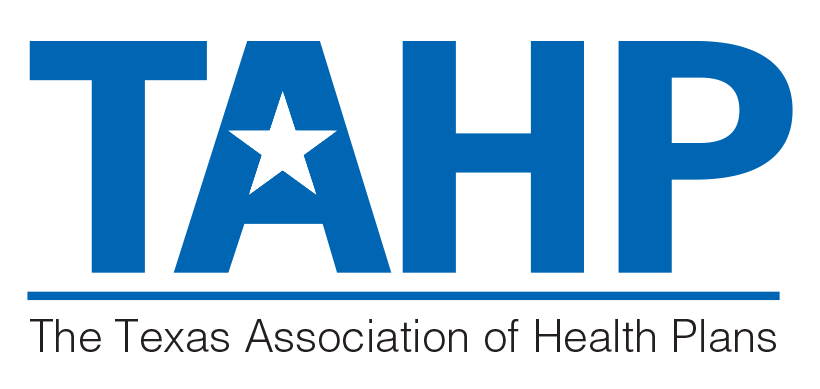
Medicaid Monday: Texting Options are Expanding
Complete Coverage
By: Jessica Lynch | Monday, January 30, 2023
📲 State agencies and managed care organizations can now text Medicaid beneficiaries who provide their phone numbers anywhere on their Medicaid application, the Federal Communications Commission (FCC) recently announced.
Why it matters: With the end of continuous eligibility beginning April 1, states need outreach options to reach Medicaid recipients. An estimated 5.5 million Texans are on Medicaid, and 2.7 million still need their eligibility redetermined. States may begin the Medicaid eligibility redeterminations as early as February 1, with disenrollment effective April 1.
🤔 Last year, the U.S. Department of Health and Human Services wrote a letter to the FCC asking for clarification on the applicability of the federal anti-robocall law. States and managed care plans are hoping to use texts, in particular, to remind beneficiaries to respond to eligibility requests.
In Texas, the option to “opt-in” to texting and email on the state’s eligibility application is confusing, limiting the ability of managed care plans to reach Medicaid families effectively. Texans can easily overlook or misunderstand instructions when filling out preferred contact preferences.
A permanent solution: This session, the Texas Legislature can make it easier for Medicaid MCOs to text Medicaid families about important health information and eligibility renewal, not limited to the Medicaid unwinding. The FCC’s ruling opens the door for states to allow health agencies and managed care plans to text individuals who provide their phone number anywhere on their Medicaid application or other applications for benefits.
At least 21 states allow texting with implied consent with an option to unsubscribe, and most states have implied consent for email as long as there is an unsubscribe option in each email. When Montana began sending texts and emails to update addresses, individuals who received a text were 40% more likely to update their entire contact information, and about 25% of members responded to update their mailing addresses specifically.In an effort to boost communication, Virginia plans to ask enrollees if they want to “opt-out” of receiving text messages rather than ask them to “opt-in.”
How this helps: The process for Medicaid members to opt-in for text communications from their health insurance plan should be as simple and streamlined as possible. Cell phones are the most common form of communication device, and text messages are widely used and accepted. Used effectively, text messaging can both enhance existing forms of communication to Medicaid families and improve the delivery of the state’s critical safety net programs.83% of Medicaid beneficiaries in the U.S. own a smartphoneSmartphone owners use text messaging more frequently than any other feature or app 25% of Hispanic people and 17% of Black people say their smartphone provides their only access to the internet
With millions of Texans receiving critical health benefits annually from the state, the ability to deliver timely health information should be a permanent benefit for Medicaid families.
Stay updated on the latest TAHP news

Articles written by TAHP’s team of policy experts that examine the research, trends, and impact of the most important health care policy issues facing Texas and the country today.

Weekly news clips assembled by the TAHP team that highlight the top headlines from the health insurance and health care worlds, as well as important political updates.
